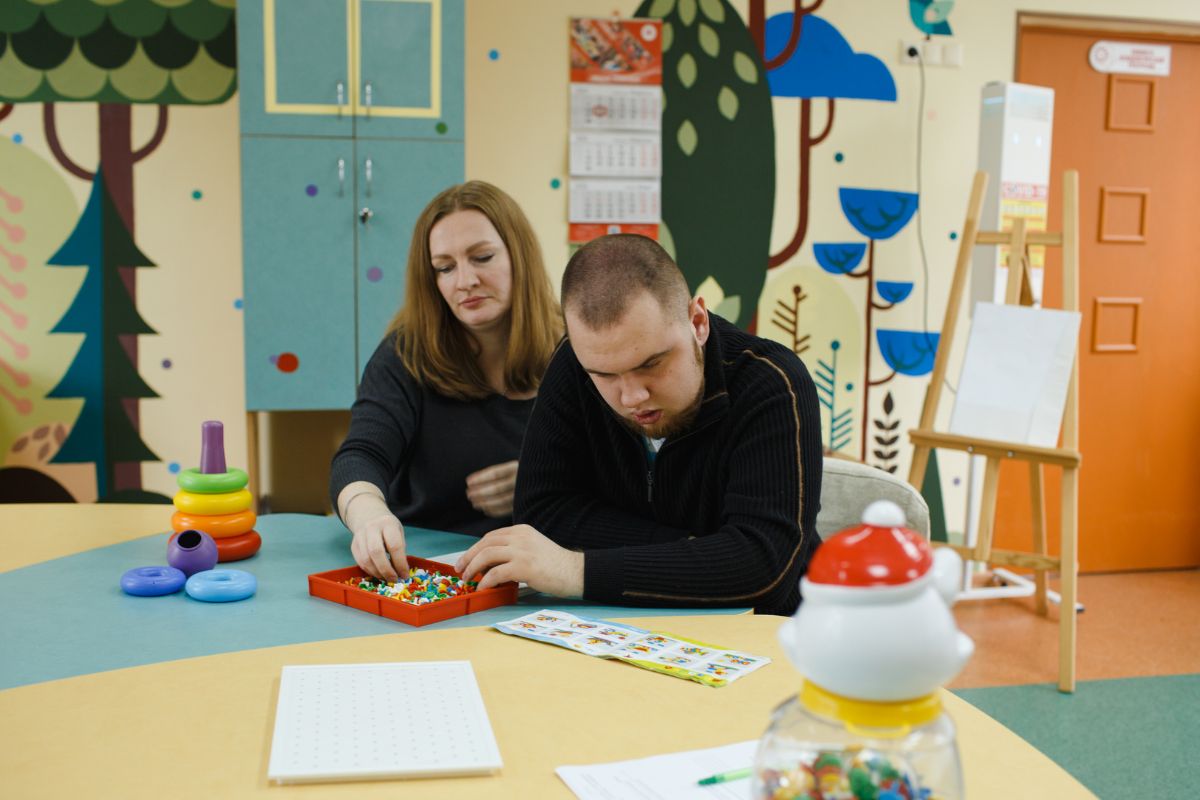Autism Spectrum Disorder
Autism Spectrum Disorder (ASD) is often associated with children, but it also significantly impacts adults. Autism in adults can present unique challenges, experiences, and opportunities for support. This guide explores key insights about autism in adults, covering diagnosis, symptoms, and how society can foster a more inclusive environment for individuals on the spectrum.

Understanding Autism in Adults
Autism in adults may manifest differently than in children. Some individuals may not even realize they are on the spectrum until later in life. Symptoms can be subtle, often leading to delayed diagnosis. Many adults have adapted to their traits, which may mask their condition, but understanding these behaviors is critical to offering the right support.
For those seeking Best Treatment, consider visiting:
1. Diagnosis of Autism in Adults
Adults often face challenges in receiving an autism diagnosis. Unlike children, adults may not have been assessed for developmental delays, leading to an overlooked condition. Diagnosis typically involves a comprehensive evaluation by a healthcare professional specializing in ASD. For many, receiving a diagnosis provides relief and clarity, helping them understand their social communication and behavioral struggles.
For more information on the diagnostic process, visit the National Institute of Mental Health (NIMH).
2. Social Challenges
Adults with autism often face difficulty in social interactions, which can affect their ability to form relationships and maintain employment. Common challenges include understanding social cues, body language, and interpreting others’ emotions. These difficulties can lead to social isolation, anxiety, or depression. However, with the right support and therapy, many adults with ASD can enhance their social skills.
3. Communication Differences
Communication differences are another hallmark of autism in adults. Some may struggle with verbal expression, while others are highly verbal but find it difficult to grasp the nuances of conversation. Misinterpreting tone, sarcasm, or abstract language is common. Adults with autism often prefer clear, literal communication and may use routines or written methods to enhance their interactions.
4. Sensory Sensitivities
Sensory sensitivities are common in adults with autism. Bright lights, loud sounds, certain textures, or strong smells may overwhelm them. These sensitivities can affect daily life, making environments like workplaces or social settings difficult to navigate. Recognizing and accommodating sensory needs is crucial to creating autism-friendly spaces.
5. Employment and Career Challenges
Securing and maintaining employment can be challenging for adults with autism. While many have remarkable skills like attention to detail and problem-solving, they may struggle with sensory sensitivities, communication challenges, or time management. Supportive workplaces that offer accommodations—such as flexible schedules or quieter workspaces—can help adults with autism thrive professionally.
For more details on autism-friendly workplaces, visit the U.S. Department of Labor’s Office of Disability Employment Policy (ODEP).
6. Mental Health Considerations
Autism often coexists with other mental health conditions like anxiety, depression, and obsessive-compulsive disorder (OCD). Adults with ASD may face mental health challenges due to the difficulties they encounter in navigating social situations, work, and everyday life. Accessing mental health care that understands and accommodates the needs of autistic adults is crucial for their overall well-being.
7. Support and Resources for Adults with Autism
There are many resources available to help adults with autism live fulfilling lives. Support systems such as therapy, support groups, social skills training, and autism-friendly housing can significantly improve their quality of life. Community programs and family support are essential to ensure that adults with autism receive the help they need to thrive.
Final Thoughts
Understanding and supporting adults with autism is an ongoing societal responsibility. By recognizing their unique strengths and challenges, we can create more inclusive opportunities for them in every aspect of life. Providing accommodations in workplaces, public spaces, and social environments helps adults with autism flourish and lead meaningful lives.
You may also be interested in:

